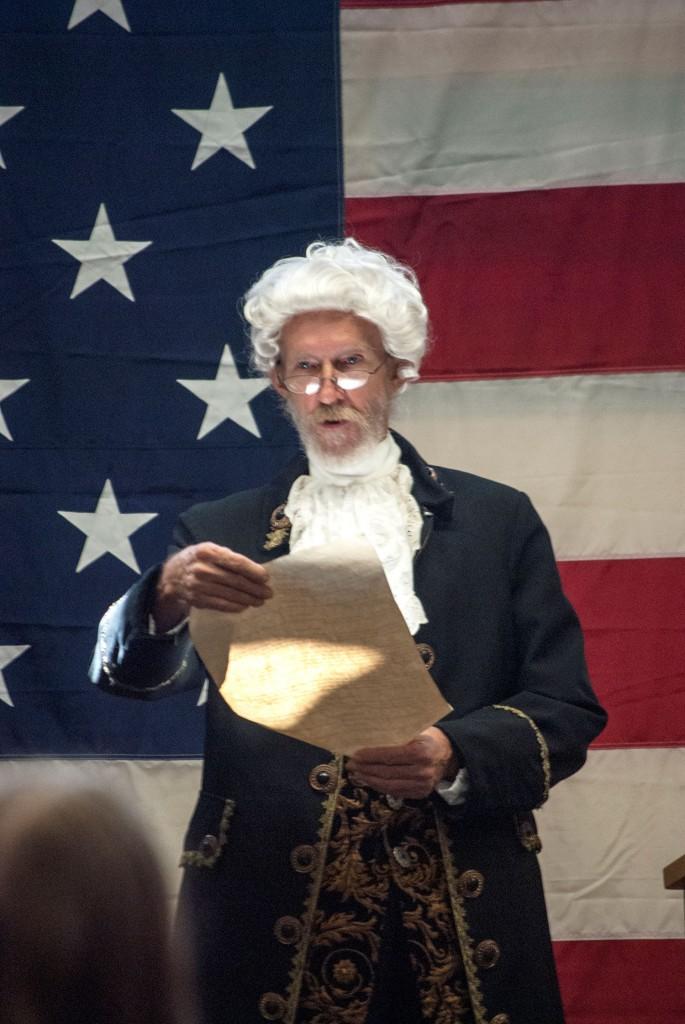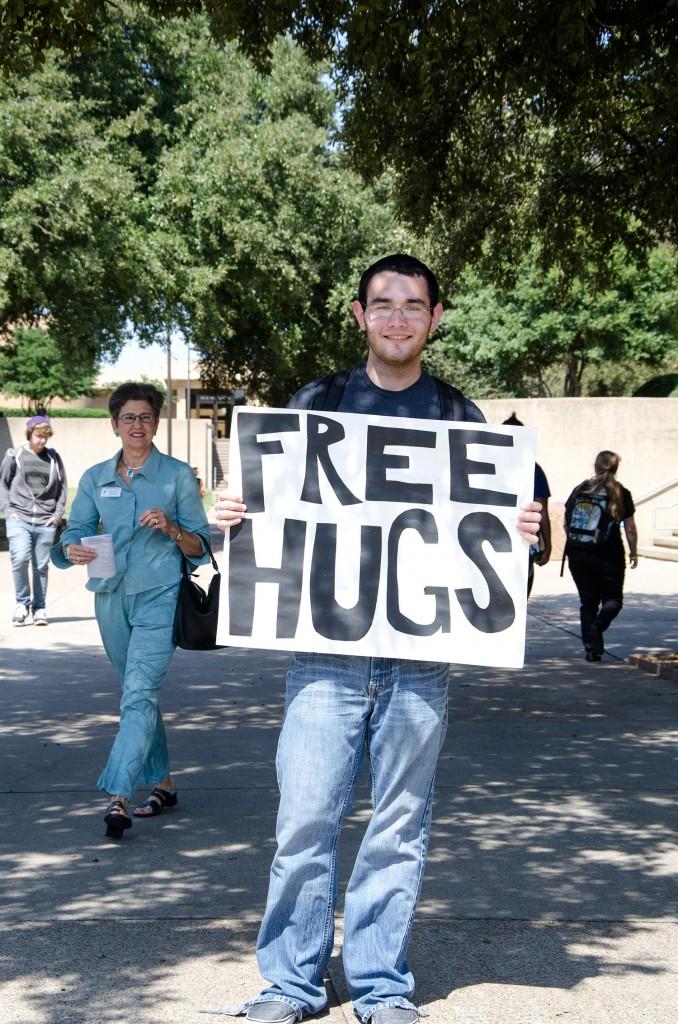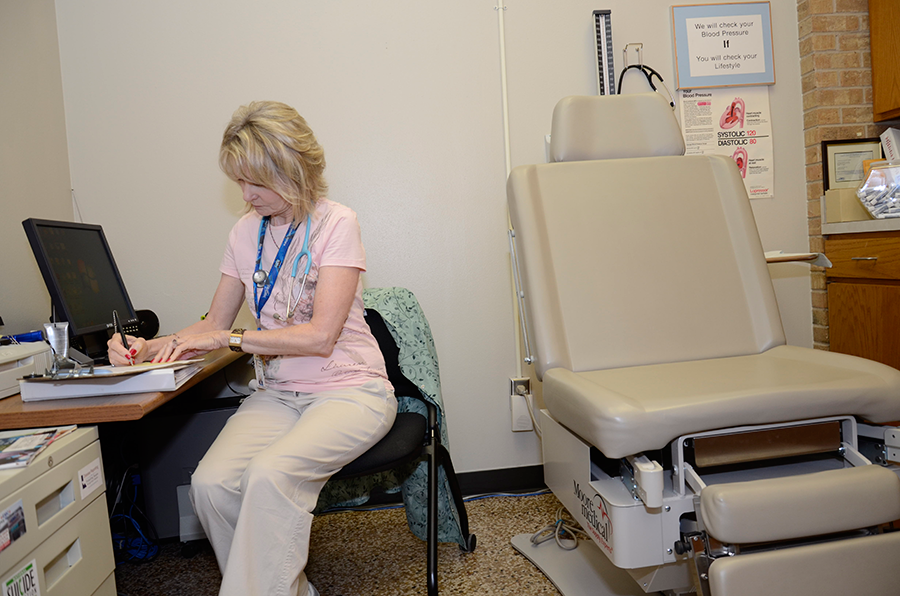By Maria Asprilla/reporter
Knowing what to do during a disaster or emergency can save one’s life, according to TCC’s emergency management coordinator.
An emergency is an “unexpected sudden event that has to be dealt with quickly,” Kirk Driver said.
School doesn’t shield someone from life’s dangers, and it is important to think, prepare and act when a hazard arises, he said.
Driver presented Know What to Do on South Campus Sept. 20 to better prepare staff and students to deal with these hazards.
Though disasters cannot be avoided, “you can take mitigation actions,” he said. Examples of mitigation actions are wearing a seatbelt and having stricter building codes in order to lessen the danger. Knowing what to do is the same thing, Driver said.
People need to think about possible hazards, which can be natural, technological or biohazards. Thunderstorms, tornadoes and flooding are natural hazards. Terrorism, shooters and workplace violence are technological hazards. Nuclear plant radiation or epidemics like swine flu and West Nile virus are biohazards, Driver said.
Driver encouraged everyone to prepare.
“We want you to have a plan,” he said. “We don’t want you to wing it here at TCC.”
Employees should pick a place to meet with their co-workers, and students might consider using the buddy system, Driver said. At home or at the office, everyone should put together a personal emergency kit and even a pet disaster kit. He also suggested putting an ICE, or in case of emergency, number in a cellphone for first responders.
The college has several ways of alerting students and staff to act, Driver said.
“TCC has 1,200 digital clocks that can display alerts in most classrooms,” he said.
Alerts will also pop up on school desktops and flat-panel display monitors. Everyone who has opted in for the service will automatically receive voicemail and email through myTCCalerts, Driver said. Students and employees can also sign up for text alerts at www.tccd.bbcportal.com.


























